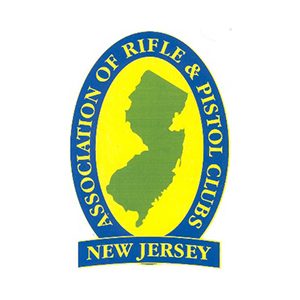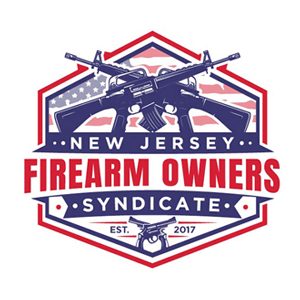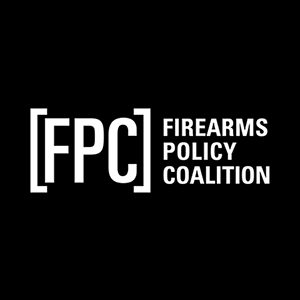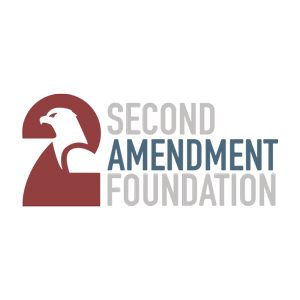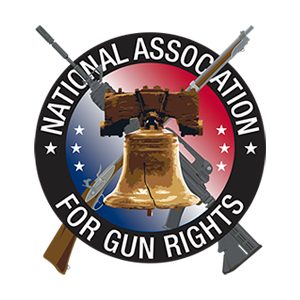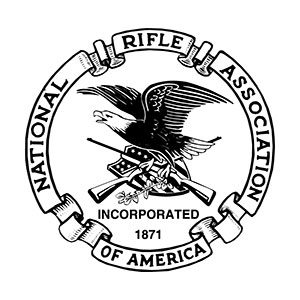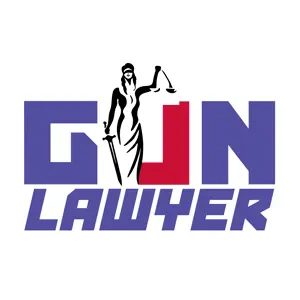
On November 20, the Pam Bondi Justice Department submitted its reply brief in a high-profile case challenging the National Firearms Act (NFA), both rejecting plaintiff’s request for summary judgement, and taking the position that this isn’t a case challenging the NFA, but rather a case addressing “…whether Congress has exceeded its enumerated powers or violated a fundamental right.” Ironically, the brief also serves as an essay on why the DOJ believes gun control is not a violation of the Second Amendment.
The Bondi DOJ’s reframing of the Silencer Shop v. Bondi case begins with a firm position that Congress did not exceed its authority in passing this act:
The NFA, including as it was recently amended in the One Big Beautiful Bill Act (“OBBB”), falls within Congress’s constitutional authority under Congress’s taxing power, the Commerce Clause, and the Necessary and Proper Clause. Plaintiffs’ contrary arguments contravene binding Supreme Court and Fifth Circuit decisions, so they cannot carry the day in this court.
This reasoned position by the Bondi DOJ comes after requesting additional time to prepare their briefing, a request granted on October 12, by District Court Judge Hendrix, after finding “good cause” to grant it.
However, a reading of the 48-page Bondi briefing with greater scrutiny reveals more than just an attempt to shift the framing of the case away from the constitutionality of the NFA to the purview of the enumerated powers of Congress. It is, in fact, full of statements that support gun control measures, and position the DOJ under Bondi in continued opposition to President Trump’s February 7 Executive Order directed at the DOJ to Protect the Second Amendment.
A reminder of the timeline of events relating to the Bondi DOJ’s position on the NFA might be constructive for the reader. In October, they filed a brief with the Supreme Court opposing the move to hear any case on the NFA. Their reasons were clearly rooted in gun control, stating the NFA is constitutional “because short-barreled rifles combine high destructive power with easy concealability, they are especially susceptible to criminal misuse.”
On November 13, 31 members of Congress penned a letter telling the Bondi DOJ not to defend the NFA in litigation. The NFA is dead, they argued, because with the removal of the $200 excise tax, it could no longer be enforced as a tax, thus being rendered null and void.
In the DOJ’s November 20 briefing, it claims this argument fails for two reasons: 1) there’s still a tax on businesses that manufacture firearms, and 2) Congress’s powers under the Commerce Clause and Necessary and Proper Clause independently authorize the NFA’s regulatory requirements.
We need the tax to enforce the NFA, seems to be the argument the DOJ is making:
The challenged NFA requirements continue to serve these same revenue-raising purposes. As ATF explains, the agency reviews every application to make or transfer an NFA firearm to ensure, among many things, that any qualified manufacturer, distributor, or dealer that is associated with the relevant firearm has paid their special occupational tax.
Although the DOJ is very much attempting to reframe the argument away from a facial challenge to the Second Amendment, its brief – as noted above – is full of positions that inherently support gun control. While the DOJ has a virtual blank check from the President to take a new and different approach on gun control, it is clearly unwilling to do so. Its most blatant statement is simply referencing precedent that already upholds the NFA:
As for plaintiffs’ facial Second Amendment challenge, the Supreme Court made clear in United States v. Miller, and District of Columbia v. Heller that the Second Amendment does not guarantee the right to possess short-barreled shotguns, a holding that applies equally to short-barreled rifles and at least some AOWs. And the Fifth Circuit held in United States v. Peterson that the NFA’s regulations are presumptively lawful – at least insofar as they apply to suppressors.
However, the brief is full of much more pernicious language that removes any question of whether the Bondi DOJ supports gun control, especially as expressed through the NFA.
The DOJ defends the NFA in favorable terms: “Seeking to curtail armed crime, the NFA targeted particularly dangerous and easily concealable weapons that ‘could be used readily and efficiently by criminals.'” Gun Owners of America pointed out that this obtuse statement could be used to justify the banning of all handguns in a post on X.
Another example: setting aside that every day approximately 100,000,000 law-abiding gun owners commit no crimes, the DOJ defends restrictions under the NFA on “any other weapons” (or AOWs), because they “possess the same characteristics that make short-barreled shotguns uniquely susceptible to criminal misuse.”
The DOJ also defends the NFA’s restrictions and registration requirements on suppressors (hearing protection), simply because the Fifth Circuit found they are “presumptively lawful,” again, taking no unique or new position in line with the President’s Executive Order.
The DOJ further defended NFA items along the lines that “…the ATF approves most applications within days, on average.”
The DOJ also argues that the NFA doesn’t violate the Second Amendment (even though it says this isn’t the principle being tried in this case) because it comports with the Bruen test in that, “The NFA fits within that historical tradition by targeting particularly dangerous weapons that ‘could be used readily and efficiently by criminals.'”
And for its final nail in the coffin, the DOJ tells the court that should the plaintiffs win, it should by all means avoid a universal injunction and limit relief to be “no more burdensome than necessary to redress plaintiffs’ actual injuries.”
Despite positioning this as a case on anything other than the Second Amendment, the Bondi-led DOJ clearly believes that the restrictions imposed on law-abiding Americans by the NFA are not injurious at all, and this briefing provides all the evidence needed to arrive at that conclusion.



